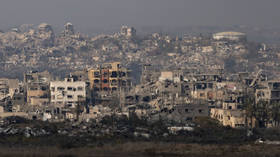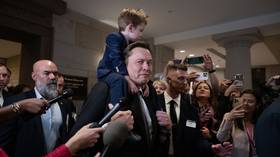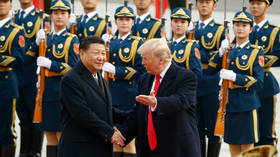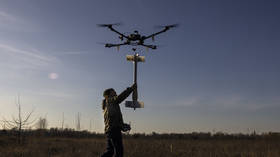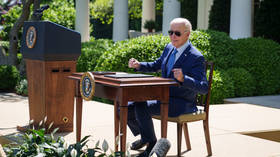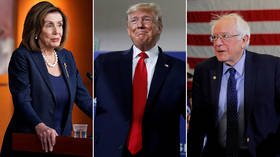German FM blasts US policy on Iran, says Europe wants to prevent ‘firestorm’ in Middle East without regime change
German Foreign Minister Heiko Maas said that, instead of following the US’ maximum pressure campaign against Iran, the EU will stick to diplomacy in order to avoid further escalation of tensions in the region.
The US and Europe have a “different approach” to Iran and the 2015 Joint Comprehensive Plan of Action (JCPOA) for its nuclear program, Maas told Bild am Sonntag newspaper, in an interview published on Saturday.
“While the US unilaterally abandoned the nuclear agreement and imposed maximum pressure [on Tehran], we want to achieve progress through negotiations. France, Britain and Germany want to keep the deal to prevent Iran from getting nuclear weapons," Maas stated.
The minister added that “pure threats” and military action have done “nothing” to change Iran’s behavior.
We should not pretend that an externally-induced regime change in Tehran will automatically improve the situation. That has gone badly elsewhere, like in Iraq.
“We want to prevent a firestorm in the Middle East. The EU relies on diplomacy, not escalation,” Maas stressed.
Also on rt.com ‘Be very careful with your words’: Trump warns Iran’s Khamenei after ayatollah delivers fiery sermon slamming ‘American clowns’The JCPOA took a dent in 2018, after US had left the agreement, while accusing Iran of secretly violating it. Iran insisted that it was complying with the deal, and the global watchdog, the International Atomic Energy Agency (IAEA), in its reports at the time had confirmed it. Washington, nevertheless, re-imposed several rounds of sweeping sanctions on Iran, and urged the EU to follow suit.
A year after the US abandoned the JCPOA, Iran began scaling down its commitment under the deal. Officials in Tehran said that the nation will return to full compliance if the EU provides relief for the US sanctions. Iran finally left the agreement on January 5, two days after a US drone strike in Iraq had killed the commander of Iran’s elite Quds Force, Qassem Soleimani, whom Washington accused of plotting terrorist acts.
Think your friends would be interested? Share this story!



